T4K3.news
MLB considers eight-division realignment
A geographic expansion plan could reshape rivalries and travel as teams grow and move.
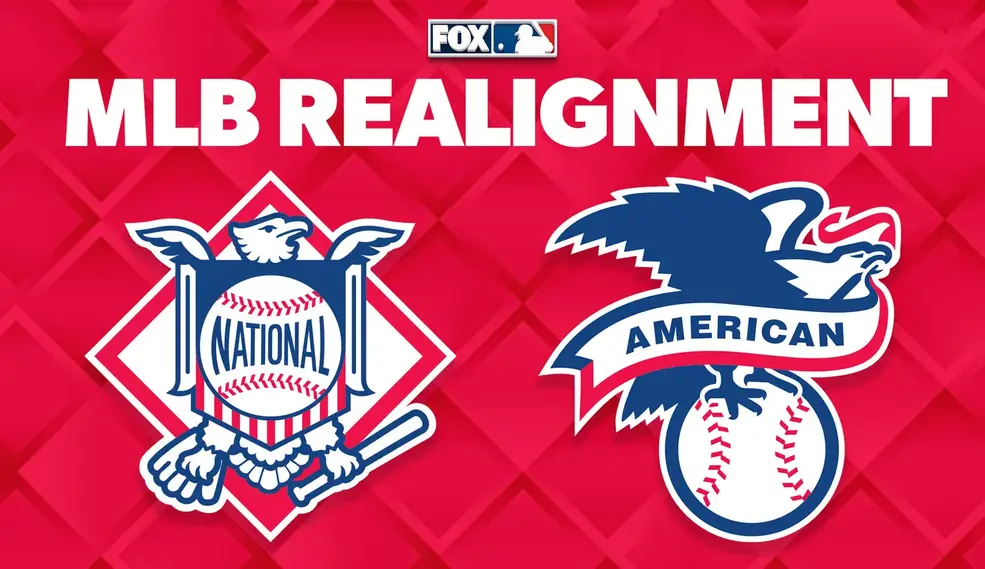
An expansion-driven realignment proposal imagines eight divisions and new intercity rivalries that could reshape schedules and travel.
MLB Realignment Sets Eight Divisions and New Rivalries
MLB is weighing a geographic realignment that would create eight divisions with four teams each. The American League would cluster on the East Coast to the Great Lakes, while the National League would stretch across more miles. Expansion targets include Charlotte and Portland, with Nashville, Salt Lake City, Montreal, and Mexico City discussed as possible markets.
Postseason would feature four division winners and two wild cards per league, keeping separate NL and AL brackets. The plan aims to trim travel in the early rounds and boost local matchups, while balancing tradition with practicality. The commissioner's remarks suggest expansion timing and market feasibility would drive any final decision.
Key Takeaways
"Geography will drive the schedule and the stories"
On the geographic logic behind realignment
"This is about balancing tradition with travel efficiency"
Editorial view on the tradeoffs
"A new chapter for teams that used to be neighbors"
Proximity based rivalries
"Fans deserve a calendar that makes travel feel reasonable"
Fan impact
Geography becomes the guiding force for MLB, a practical shift that could cut travel and fatigue for players while changing the storytelling of rivalries. If teams are grouped by proximity, broadcasts may line up better and fans may see more frequent local derbies.
Yet the change risks eroding long established loyalties and can spark pushback from cities that fear losing a legacy. The real test will be whether new proximity pairings generate enough interest and whether markets like Charlotte or Portland can build sustained, cross league appeal.
Highlights
- Geography now writes the schedule and the rivalries.
- New maps mean new stories for every city.
- Fans deserve a plan that respects travel and tradition.
- Expansion asks fans to revalue what makes a rivalry.
Expansion plan could face budget and political scrutiny
The proposal touches markets beyond today’s footprint and implies major travel changes, which could attract budget questions, political pushback, and public reaction from fans and local officials. Investors and broadcasters will also weigh costs and returns before any move.
The map is still evolving and the next moves will show how baseball weighs tradition against progress.
Enjoyed this? Let your friends know!
Related News
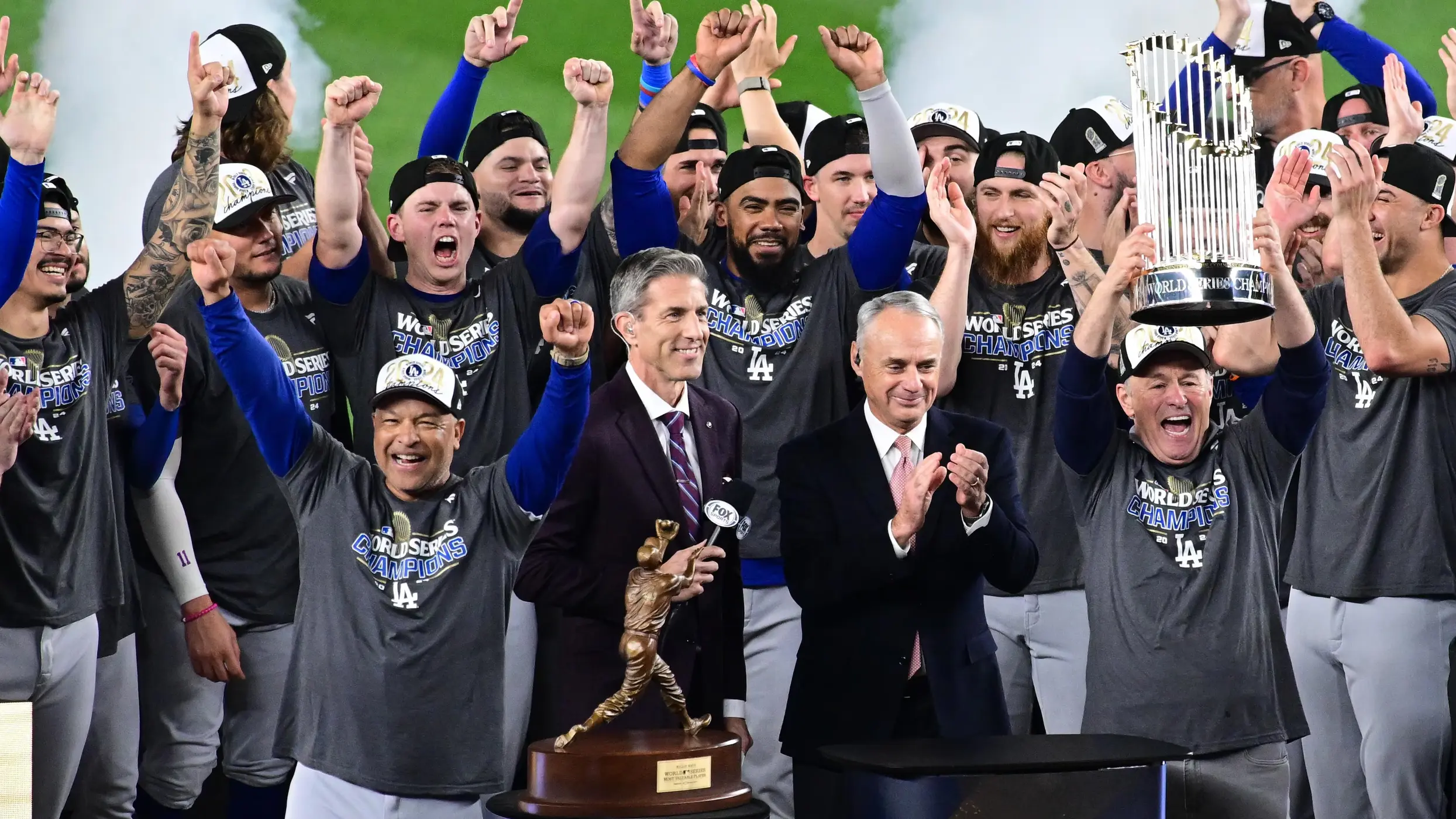
MLB weighs expansion and division realignment
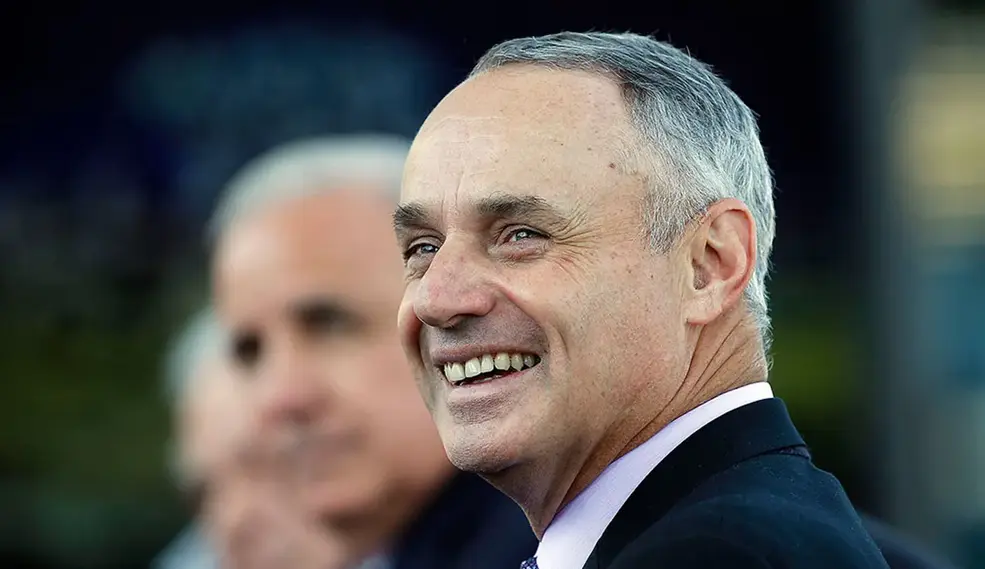
MLB expansion may trigger division realignment

MLB expansion realignment headlines

MLB trade deadline approaches with high stakes ahead
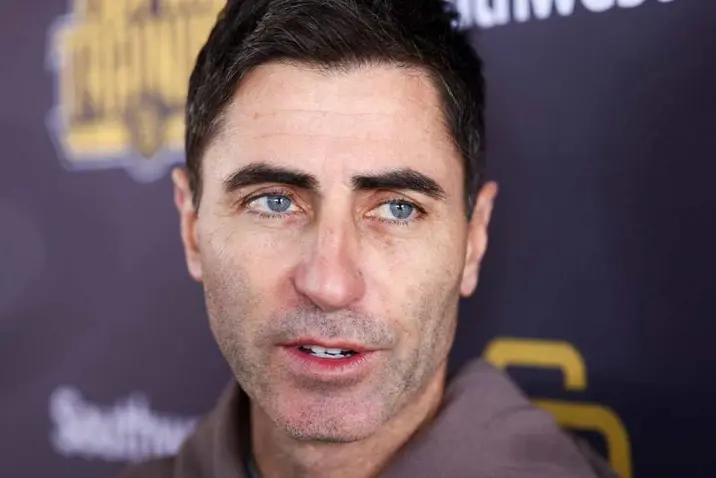
Padres bolster roster with eight new trades
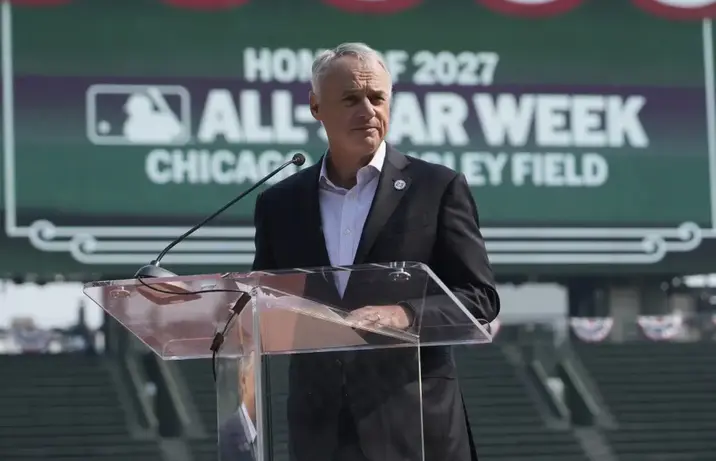
MLB maps new divisions to cut travel

Cameron Maybin opposes MLB realignment shakeups
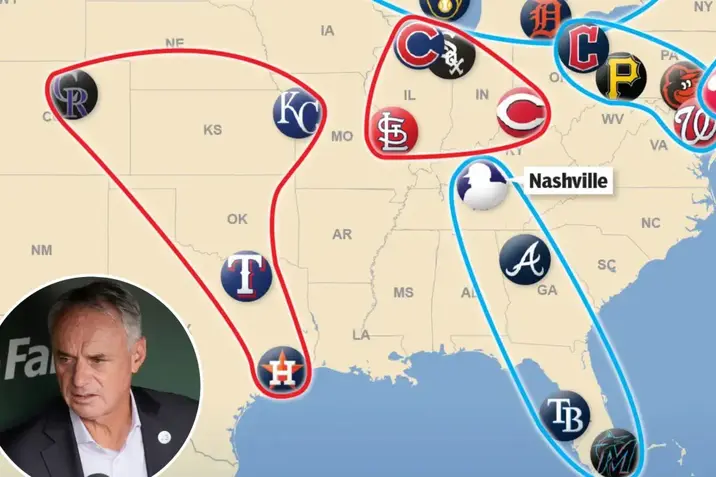
MLB realignment plan draws backlash
